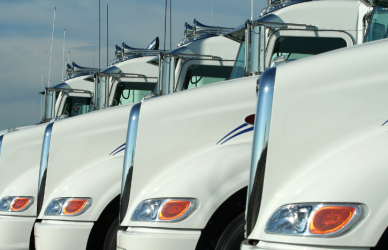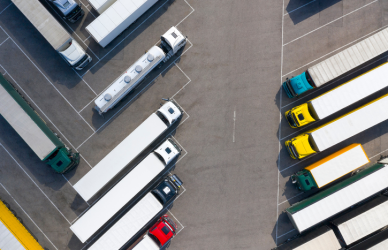Predatory towing remains a significant issue in the trucking industry, particularly affecting semi-truck operations. Recognizing the gravity of the problem, the OOIDA Foundation has released a concise fact sheet detailing their advocacy for regulation and the financial burden these practices impose on the industry.
“The towing and recovery industry is an essential partner to trucking, as breakdowns and crashes can occur at any time,” The Foundation one-pager said. “However, conflicts do arise between these two industries due to differing objectives and priorities, which can lead to miscommunication, disagreement and far too often, predatory practices.”
OOIDA contributed to the American Transportation Research Institute’s study on the causes, prevalence, and mitigation strategies for predatory semi-truck towing. The study found that nearly 30% of crash-related tows involved predatory charges, a figure that jumps to 66% for invoices exceeding $30,000. These percentages only account for predatory billing; other issues like unjust vehicle seizures, delays in cargo release, or fraudulent extra-hour charges aren’t included, as they can’t be identified from invoices alone.
When insurance covers semi-truck towing and recovery fees, excessive charges often exceed coverage limits, leaving carriers and drivers to shoulder the financial burden. Predatory towing involves egregious overcharges, unnecessary additional costs, illegal asset seizures, asset damage from improper equipment use, or wrongful retention of trucks, trailers, or cargo. ATRI’s report indicated the average pre-tax bill for a crash-related tow is $8,925.90, while predatory tows average $18,154.52.
Motor carriers surveyed identified excessive rates (83%) and unwarranted service charges (82%) as the most prevalent and impactful forms of predatory semi-truck towing. In response, several states have introduced measures against unfair towing practices this year. These measures typically regulate rates for different vehicle classes, establish protocols for various towing scenarios, and create complaint and reparation procedures for predatory towing incidents.
FMCSA Predatory Towing Forum
The Federal Motor Carrier Safety Administration will host a public meeting on June 21, from 9 a.m. to noon Eastern, to discuss towing fee disclosures. Trucking stakeholders are invited to participate. OOIDA’s Doug Morris will present comments from the Association’s viewpoint. Register for this in-person/virtual event at the U.S. Department of Transportation Headquarters via the FMCSA website.
Understanding and addressing predatory practices in semi-truck towing is crucial for safeguarding the interests of carriers and drivers alike. Through continued advocacy and regulatory measures, the trucking industry can work towards fairer and more transparent towing practices.
Source: Land Line











